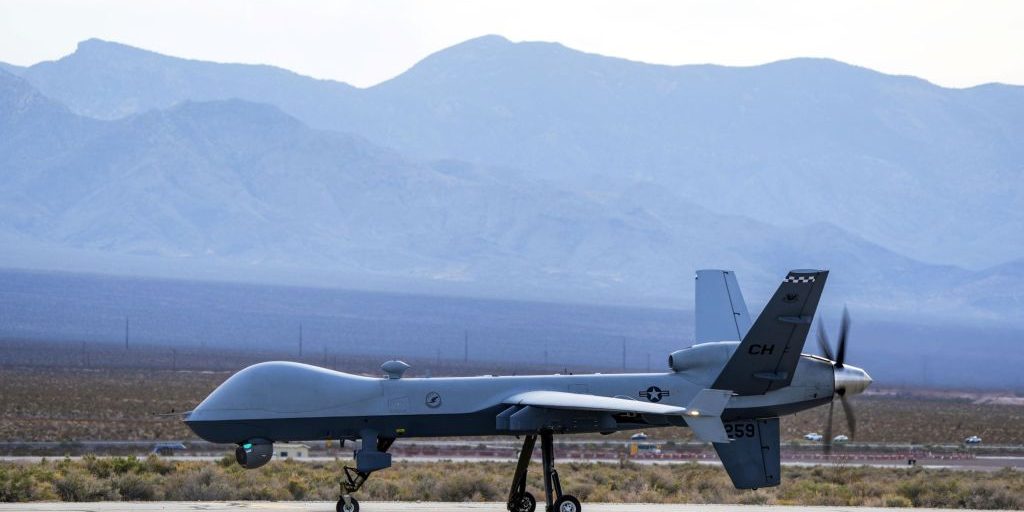The Defense Advanced Research Projects Agency announced a Resilient Software Systems Accelerator program to kick-start the widespread adoption of math-based software development practices to make military systems inherently more secure against cyberthreats.
During the Resilient Software Systems Colloquium held in Arlington, Virginia, leaders from the Defense Department, DARPA, and industry spoke about aging IT infrastructure, security standards, and software tools and techniques known as “formal methods,” that have been proven to significantly improve the resiliency, security, and functionality of military systems used within the defense community.
Director of DARPA’s Information Innovation Office Kathleen Fisher described formal methods as “mathematically based approaches” that allow the user to prove properties about software to obtain guarantees, adding that DARPA has been involved in developing tools related to formal methods for over a decade.


